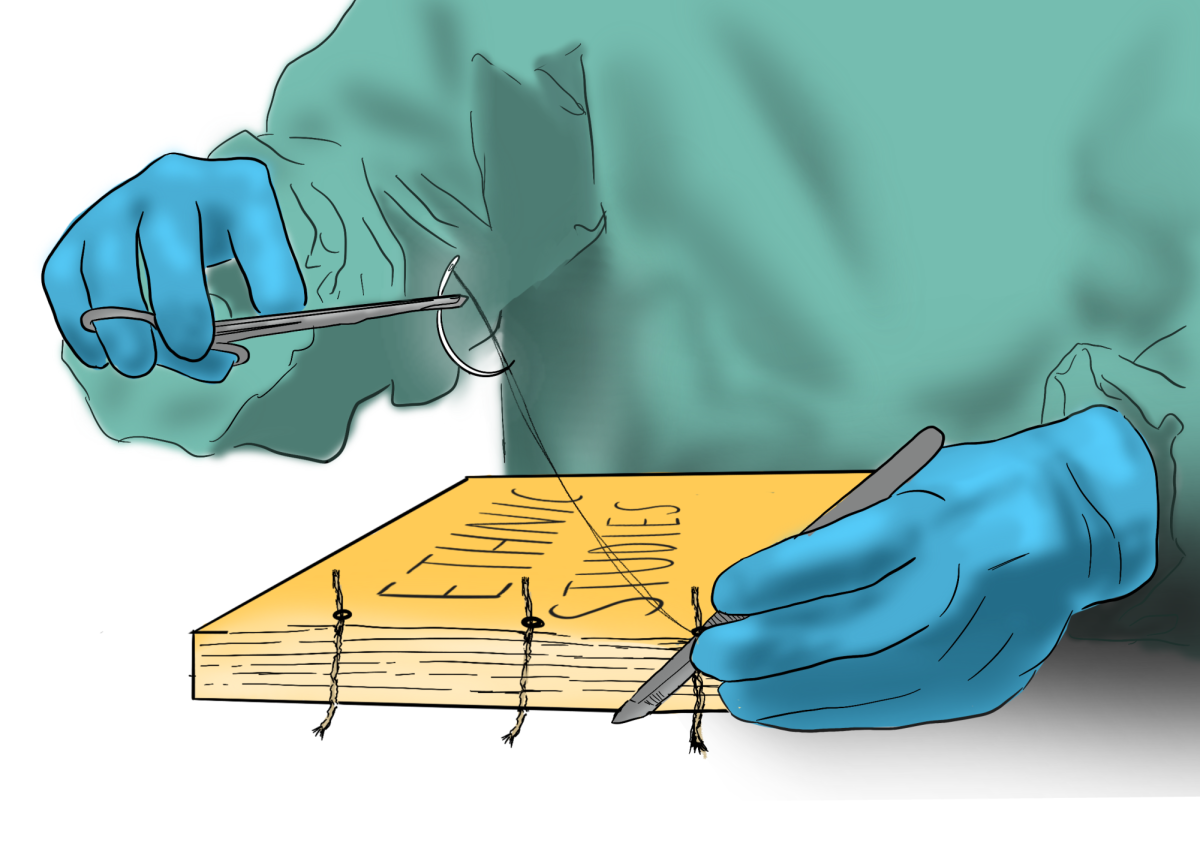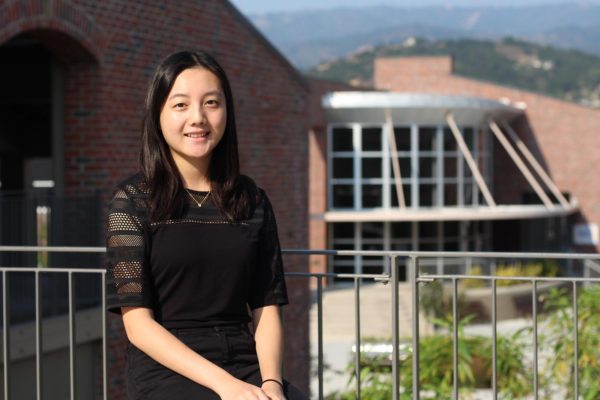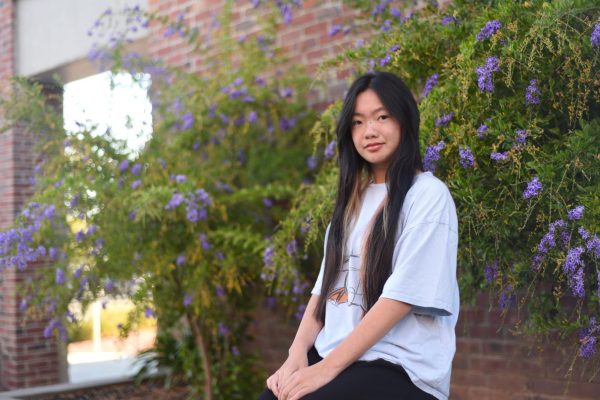MVHS is piloting the Health and Ethnic Studies elective course that will extend throughout the current school year and effectively be mandated across the FUHSD district for all incoming freshmen starting in the 2024-25 school year in accordance with California Assembly Bill 101. Students will be organized into a subject for a semester, and switch to the other in second semester.
Principal Ben Clausnitzer says although students are educated on several health-related topics in Biology and P.E. classes, these elements are now encompassed in a single Health course, which will focus on general healthcare, such as emotional, occupational, financial and physical health. Clausnitzer says Ethnic Studies, which explores elements of humanity and identity, was also added to provide a deeper insight into some of the lessons from previous Advisories in a more systematic way.
Biology teacher and Health Department Lead Pooya Hajjarian, who teaches the Health class, is excited to teach this course since it gives students exposure to medicine and health related topics early on, something he wished was taught when he was younger.
“I was at an age where a lot of the health topics that we’re teaching now were being introduced to me,” Hajjarian said. “[But] I felt like I didn’t have the language and the fluency at the time to actually understand what was happening. In addition to that, there were so many life skills that I wish that I had learned when I was in high school. And part of what we’re doing in health is really teaching those skills for students to be self advocates.”
Ethnic Studies and U.S. teacher Usiel Meraz Cerna also wishes there was greater accessibility to Health and Ethnic Studies education, as the way he grew up reflecting on his identity was mainly based on observing the community around him.
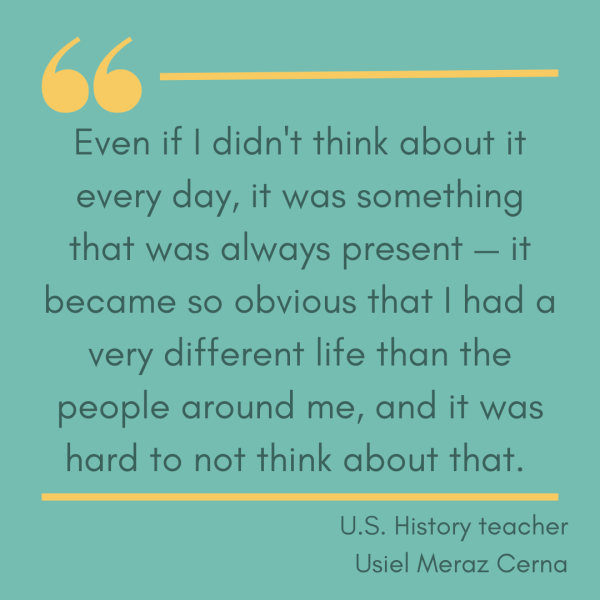
“I was born and raised in Oakland and [am] Mexican American myself, so issues of racism [and] discrimination [as well as] issues of equity have always been part of my life,” Meraz Cerna said. “It’s one of those things where even if I didn’t think about it every day, it was something that was always present — it became so obvious that I had a very different life than the people around me, and it was hard to not think about that. So I think [this experience] just informed the kind of person that I am, the connections that I’ve made and my decisions to become a teacher.”
Because Health and Ethnic Studies require different teaching credentials, Hajjarian and Meraz Cerna are co-teaching the classes this year. Hajjarian says the unique experience students have to interact with both teachers in the same classroom aligns with the open curriculum style of the course, where students have the opportunity to pursue topics they’re interested in. For instance, sophomore Rachel Bergendahl, who is currently taking the class, says students can choose which aspect of health they want to learn about for a couple weeks and continually cycle through.
“So far we’re learning about the different dimensions of health and wellness,” Bergendahl said. “There’s also this project where you choose habits that you want to do every day for four weeks, and I feel like it’s really helpful because [once] you get a good base for your personal life and your habits, then all the other parts of school come easier.”
Currently, Hajjarian and Meraz Cerna are still familiarizing themselves with the course material and pacing. Meraz Cerna is working with the other FUHSD Ethnic Studies teachers to plan course themes, assessment formats and daily lessons for next semester. Hajjarian explains that in order to make the lessons as authentic as possible, the FUHSD Health Department team is continuously adapting the curriculum based on student input.
“[This is all] to really work out the kinks and experience those hiccups now instead of next year when it’s a full on rollout,” Hajjarian said. “What I’m really loving is that it feels like we’re experimenting with everything. We have this constant communication thread on like ‘How did today go? What are we doing differently?’ so it’s built that camaraderie and unity on our team. As we go through [this year], we’re also gathering feedback from students [and] parents, [and] we’re learning the pace is going to be different and learning which activities really work.”
Meraz Cerna emphasizes that a challenge with trying to adapt the curriculum — particularly for Ethnic Studies — is creating a balance of personalized and historical material that is able to resonate and relate with students of all grades.
“We always have to remind ourselves [that] this is an intro to Ethnic Studies, [so] we can’t teach the whole breadth of what Ethnic Studies involves,” Meraz Cerna said. “It’s always about how we best represent the most important ideas that [are feasible for] first year students, because if it [were] a course designed to be taught to juniors or seniors who have already had more life experiences, you approach it differently [since] you have different conversations with younger students. [So] you have to think about how you [can] make this material important for their lives and make it real for them.”
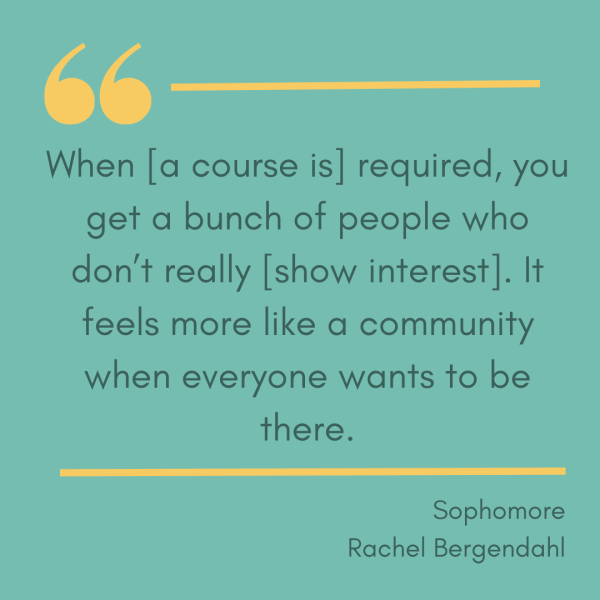
Bergendahl also believes that fostering a shared and inclusive community brings more meaning to the course. However, she disagrees with the course being a mandated one starting next school year, claiming that students may start treating it like a traditional class, rather than an opportunity for collaboration and growth.
“I think one of the things that makes [this course] so special is that everyone there wants to be there, so you can be vulnerable with other people who have things in common with you and [everyone] actually cares about each other,” Bergendahl said. “When [a course is] required, you get a bunch of people who don’t really [show interest]. It feels more like a community when everyone wants to be there.”
Hajjarian says he hopes students will gain a broader understanding when they realize the complexity and overlap in the two subjects. Overall, Meraz Cerna believes the goal of the course is to allow students to find their own paths and learn to be advocates for themselves and others.
“[Health and Ethnic Studies] becomes more personal than perhaps other courses,” Meraz Cerna said. “Other ways that it will stand out is that it’ll ask students to really reflect on the world around them. [MVHS] is a very open and accepting place for people of all backgrounds, and [so] how does learning about past experiences of different folks of color inform how we can create a better society around us? So I think there’s a part that asks students to take action, even if it’s small, but to take action to serve.”




